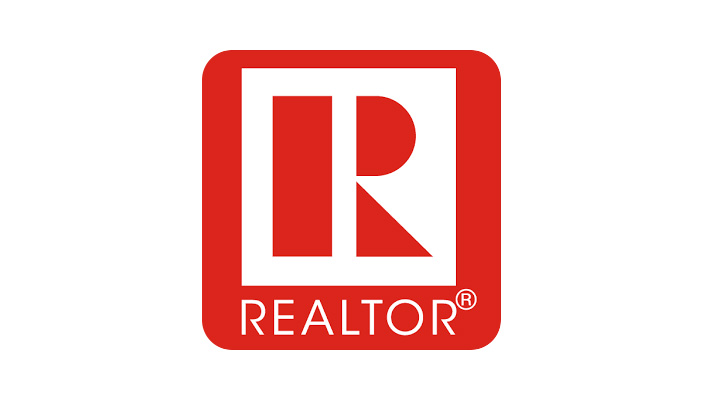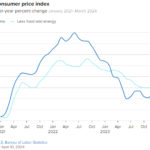- Tips to create content people want to share and target ads to specific audiences.

Mor Zucker

Source: Mor Zucker
- Use a social media management tool to schedule and distribute posts, such as Hootsuite, Everypost, Sprout Social, Buffer, or SocialOomph.
- Trash the guidelines. Zucker scorned oft-spouted guidelines about when and how often to post on particular social media sites. “What matters is not how often you post, it’s what you post,” she said. If the content isn’t engaging, it doesn’t matter how often you post it — consumers won’t bite.
- Stop diverting traffic from your own site. Many agents post listing photos and link to the photographer’s site or even to listing portals such as Zillow. Not Zucker. She links to her own sites, either The Denver Ear or her real estate site, DenverRealEstate.com. “Zillow has lots of [agent] competition. On my website, I’m the only one there,” Zucker said.
- Perfect the art of the tease. If you’re going to post a listing, choose an especially amazing photo, perhaps of an outdoor living space, and include a link to your website so that consumers can click through to see more photos.
- Don’t post the same thing over and over again — transform your content. You can advertise the same listing multiple times, but when you do, make each post different. Choose different photos, add some text, create mashups. Tools that help you do this easily include Legend, Animoto, Canva, Fotor, Font Candy, and PicLab Studio.

Source: Mor Zucker
- Offer information people want, such as tips on home décor, city guides and local events. “You are community experts. Give them community content that they care about and they need,” Zucker said. And it doesn’t have to be something you wrote. “I share my own content, but also share other people’s content. [Readers] attribute that knowledge to you,” she said. If you’re looking for content, programs such as Feedly, Panda, Flipboard and Inoreader offer feeds. The content should fit your brand, Zucker said. And read it first, she cautioned.
- Use humans in your listing videos. Zucker cited this quote during her presentation: “The strongest drug that exists for a human is another human being.” Using people who speak and interact in the videos will engage consumers more than an unpeopled home, she said. No agent wants consumers to view a video and think, “Great, another kitchen.”
- Take advantage of Facebook’s ad targeting tools. “The point of Facebook is that you can reach people of specific demographics and you can reach who you want to get and it doesn’t cost you a lot of money,” Zucker said. Everything you do on Facebook is tracked, so you can say, “Hey Facebook, show my ad to people with a net worth of over $1 million, or to travelers, or to first-time homebuyers,” she said. “You can literally choose who sees your ads,” including targeting people that work at specific companies or a listing’s neighbors. And Facebook allows you to upload email addresses you already have to market to existing customers as well as other agents you might be interested in poaching, she added. You can also ask Facebook to create a “Lookalike” audience to target.

Source: Mor Zucker
- Lastly, leverage your website and Facebook together. Track what properties users are viewing on your website and then choose similar properties and relevant neighborhood content to show them on Facebook.












